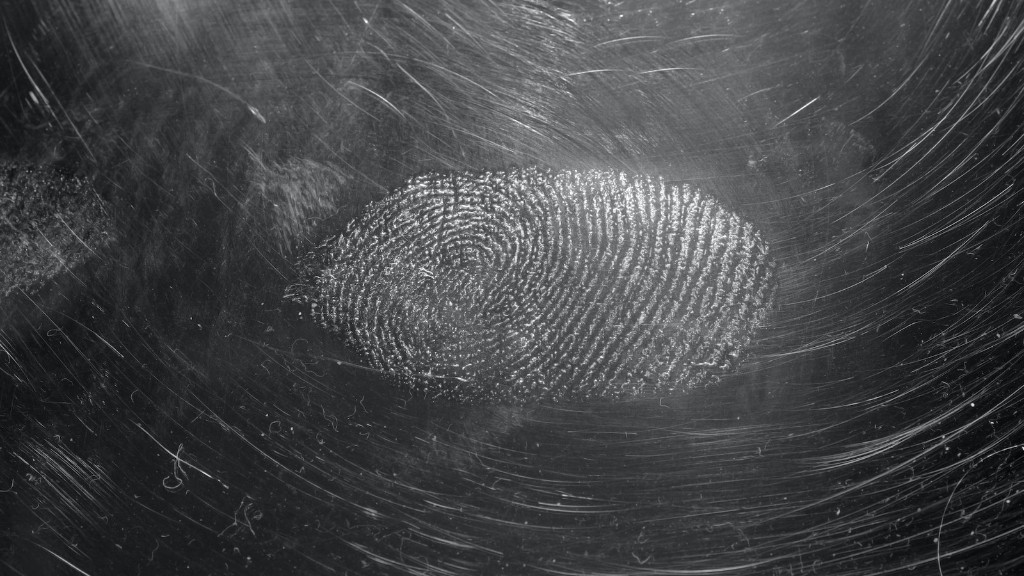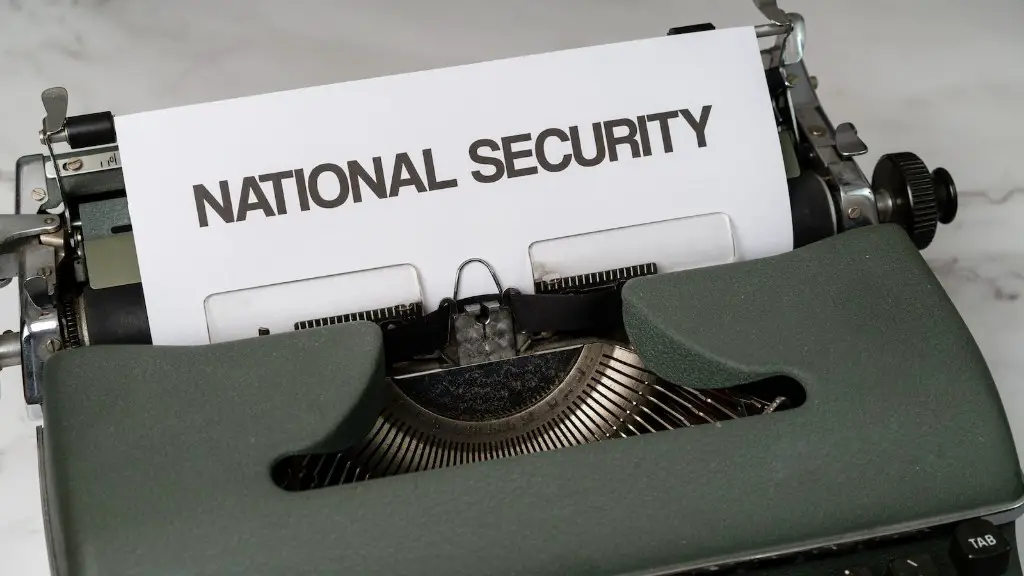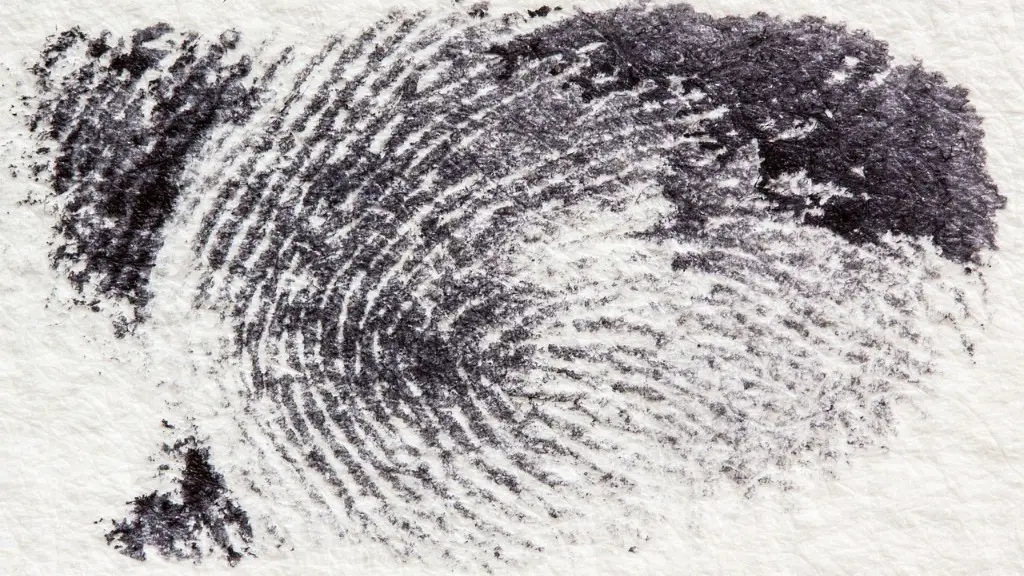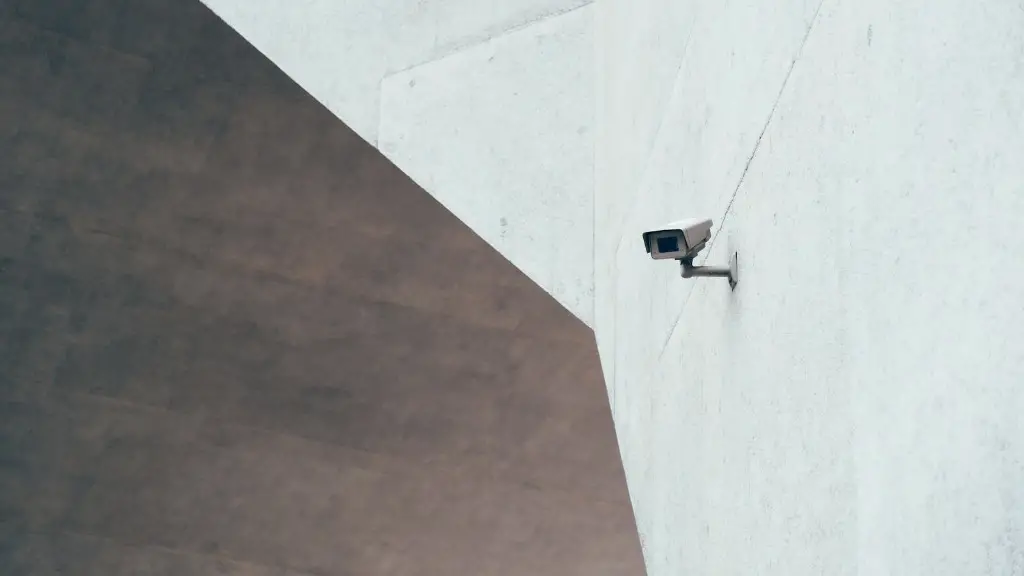At the start of the Cold War in 1947, the Central Intelligence Agency (CIA) was created to provide the United States with a global intelligence capability. As a covert intelligence agency, the CIA’s mission has been to gather and analyze national security information from around the world.
The CIA was formally established on September 18, 1947, with the enactment of the National Security Act, which created a number of cabinet-level agencies, including the Central Intelligence Agency Act. Prior to this, the government relied on the Office of Strategic Services (OSS) – created during World War II – for intelligence gathering and analysis.
President Truman was a key advocate for the CIA and believed that it was necessary to create a centralized intelligence agency with clear parameters from the outset. He established roles and responsibilities for the new agency, as well as oversight and reporting requirements for the director and personnel.
The National Security Act provided CIA personnel with the ability to carry out covert operations if necessary, with the understanding that any activities would not be traced back to the U.S. government. This is why the scope and nature of the CIA’s activities remained largely unknown to the public until recently.
The CIA’s mission then, and now, is to provide the highest quality intelligence to protect the nation’s security, though the extent to which the CIA has evolved since it was created is widely debated by experts.
One of the key responsibilities of the CIA is to track the activities and intentions of foreign governments and identify potential threats to U.S. national security. To do this, the agency deploys a variety of tactics: intelligence gathering, research & analysis, counterintelligence, and covert operations.
In addition, the CIA is responsible for protecting the identities of U.S. intelligence personnel, as well as gathering, analyzing and disseminating foreign intelligence for policymakers. It also provides training for American personnel to work in foreign environments and develop counterintelligence techniques.
The CIA has often been criticized for its intelligence gathering tactics, especially when those activities involve foreign governments. This is because the CIA’s activities often involve politically charged issues or require engaging with foreign citizens in illegal or unethical ways. In addition, since the CIA is a covert agency, it can be difficult to monitor and regulate its activities.
Despite these criticisms, the CIA has become an essential part of the U.S. intelligence system, working with government agencies and other countries to protect the nation and its interests abroad.
CIA and Law Enforcement
The relationship between the CIA and law enforcement entities such as the FBI and DEA is extremely important. While the CIA is responsible for gathering and analyzing intelligence, law enforcement agencies such as the FBI and DEA are responsible for taking action based on the CIA’s information and making arrests. The CIA relies on the FBI and DEA to monitor, investigate and apprehend suspects, while the FBI and DEA rely on the CIA to provide them with valuable intelligence they can use to make decisions and take action.
The relationship between the CIA and law enforcement can be complicated, though, as each side has their own agenda and different sets of rules. Additionally, the CIA has been criticized for its involvement in domestic law enforcement operations, which has raised concerns about the agency’s role and impact in the U.S.
The CIA’s activities have been a subject of debate for many years, as the agency has been accused of carrying out activities that exceed its mandate. Nonetheless, the CIA remains one of the most important and powerful intelligence agencies in the world, helping to protect the U.S. from threats both foreign and domestic.
Oversight and Accountability
The relationship between the U.S. government and the CIA has been riddled with controversy, as the agency has been accused of not adhering to international treaties and laws. To address these issues, new laws and regulations were introduced in the mid-1990s to strengthen oversight of the CIA and increase its accountability.
The new laws include the Intelligence Oversight Act of 1991 and the Intelligence Authorization Act of 1994, which set up committees to review intelligence activities, as well as increased oversight from the Department of Justice and other regulatory agencies. The reforms have also allowed for greater public access to information about the agency’s activities and improved oversight of its operations.
At the same time, the CIA is still able to carry out covert operations as needed, though these activities must be approved by the president and other higher authorities. Furthermore, while the CIA is required to report its activities to Congress on a regular basis, the agency is still able to operate in relative secrecy.
Strengthened oversight and accountability of the CIA have led to greater public transparency, allowing the general public to have a better understanding of the agency’s activities. However, critics have argued that the new laws are insufficient and that the CIA is still able to operate outside of the public’s view.
CIA and International Relations
The CIA’s activities have had a significant impact on international relations, as the agency has been involved in a number of controversial operations and incidents. These events have increased tensions between the United States and other countries, as some governments view the CIA as a rogue agency that acts with impunity.
On the other hand, some governments have turned to the CIA for assistance in sensitive matters, such as counterterrorism operations, and acknowledge the agency’s vital role in ensuring global security.
The CIA’s activities have been a major factor in shaping international relations and the U.S. government’s foreign policy agenda. As a result, the agency has become an increasingly important and powerful part of the U.S. intelligence community.
Analysis of CIA’s Impact
It is difficult to evaluate the effectiveness and impact of the CIA, as the agency is largely shrouded in secrecy and its activities are not widely reported. Despite this, experts are able to study the CIA’s activities and draw conclusions about its effectiveness and impact.
Experts generally agree that the CIA has played a key role in providing the United States with timely and valuable intelligence information. The agency is also credited with providing the U.S. government with important geopolitical insights and information about potential threats.
However, the CIA has also been criticized for its actions, particularly when it comes to covert operations. These operations have created animosity between the U.S. and other countries, and have put the U.S. government in an uncomfortable position of having to defend the agency’s activities.
Critics have also argued that the CIA has become too powerful and that it has exceeded its mandate. The agency has been involved in a number of questionable activities, and there is ongoing debate about the extent to which the agency’s activities should be monitored and regulated.
Reforming the CIA
There have been calls from some experts to reform the CIA and create new regulatory guidelines for the agency. These reforms would include increased oversight, better accountability and clearer guidelines on the use of covert operations. This would help ensure the CIA operates within its mandate and adheres to international law and treaties.
These reforms would also create more transparency around the CIA’s activities and give the public greater access to information about the agency. This would help to address some of the concerns that have been raised about the CIA’s activities and help to foster a better understanding of the agency’s role in the U.S. intelligence system.
Despite the debate, the CIA remains an essential part of the U.S. intelligence system and its role in protecting the United States is likely to remain unchanged. As the world continues to evolve and the threats to national security become more complex, the CIA’s activities will remain a crucial aspect of protecting the U.S. from threats both foreign and domestic.
Modern Technological Role of CIA
The CIA has become increasingly reliant on technology to carry out its activities, and is now using advanced data analytics and other digital technologies to gather and analyze intelligence information. These technologies allow the agency to better track potential threats and assess the capabilities of foreign governments.
The CIA is also increasingly turning to the private sector for assistance, as the agency is now leaning on Silicon Valley firms to develop new technologies and systems that can be used to gather and analyze data. This has allowed the agency to extend its intelligence capabilities and better protect the U.S. from foreign threats.
The CIA is also using new technologies to monitor potential threats, such as using satellite images and advanced analytics to track the movements of individuals and groups. This gives the agency a better understanding of potential threats and allows it to respond quickly and effectively.
In addition, the CIA is now developing new tools that use AI to help it better analyze data and identify patterns. This technology is allowing the CIA to increase its intelligence gathering capabilities and better spot potential threats.
The CIA is also utilizing new technologies to provide better guidance and support to its personnel, such as providing better communication systems and equipment. These technologies are allowing the agency to more effectively carry out its operations and protect its personnel.
Conclusion
The Central Intelligence Agency was created more than seven decades ago, with the goal of providing the United States with a global intelligence capability. The CIA’s activities are largely unknown to the public, though the agency has become an essential and powerful part of the U.S. intelligence system. The CIA is now using modern technologies to better gather and analyze data and identify threats. Despite its many controversies, the CIA remains an important part of the intelligence community, helping to protect the U.S. from threats both foreign and domestic.





